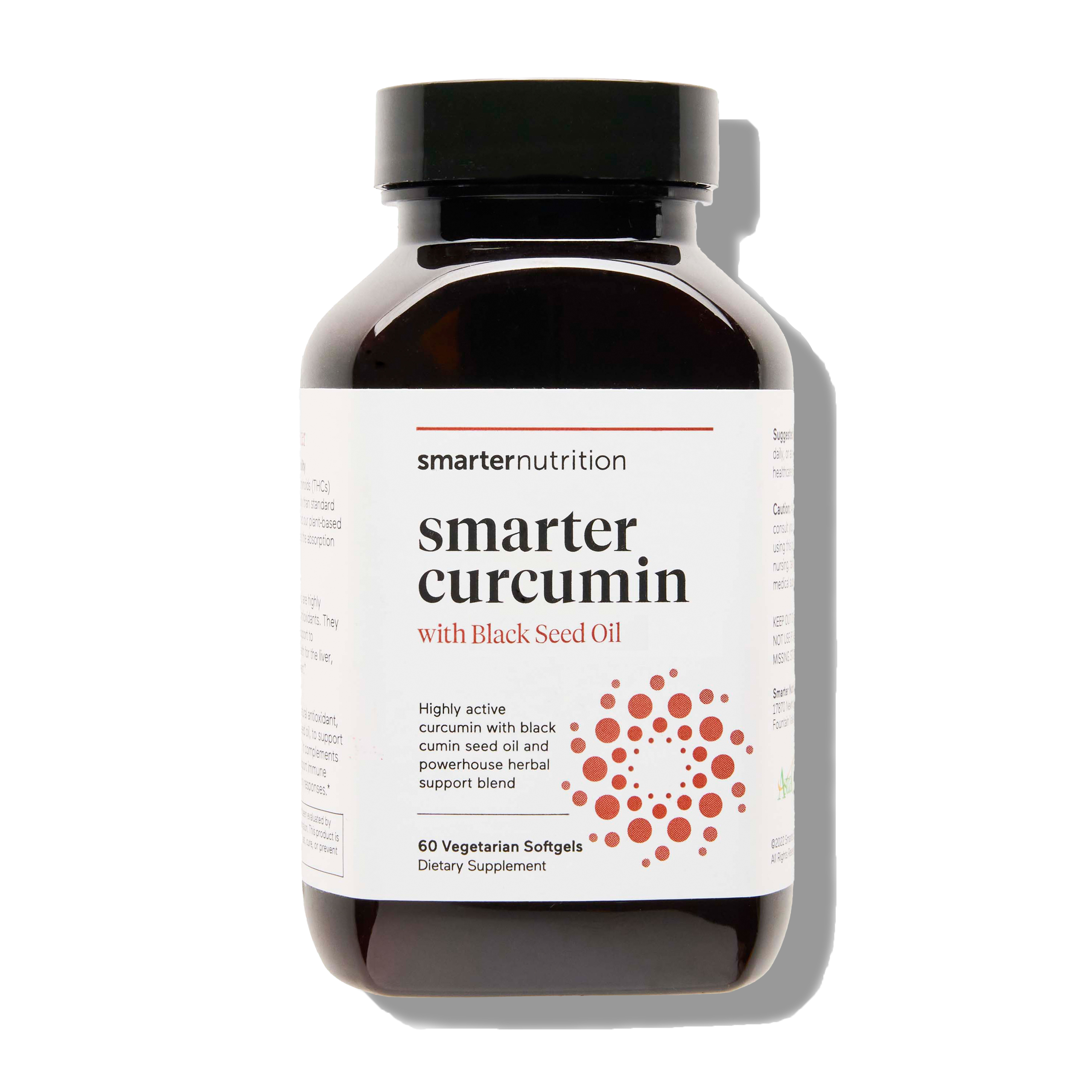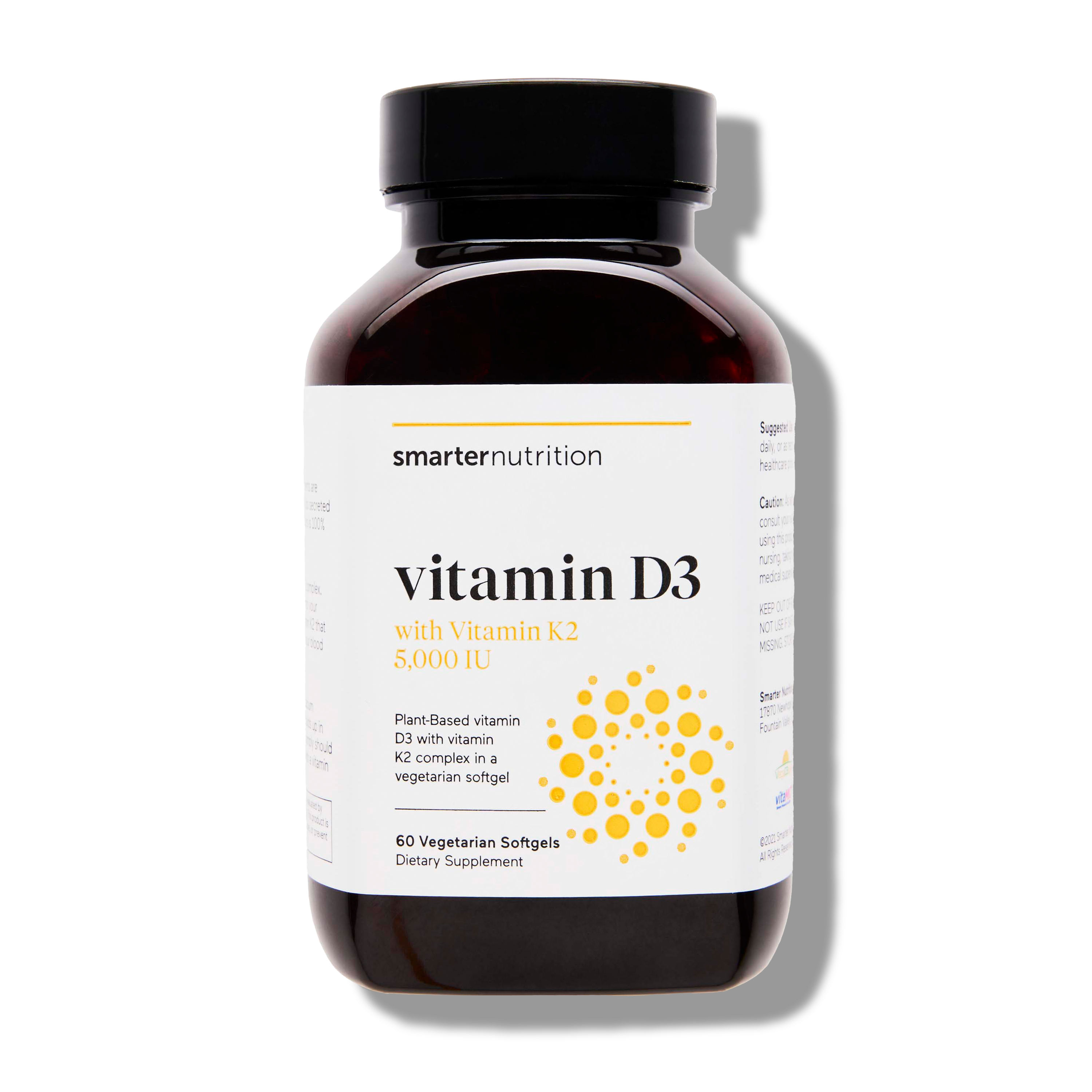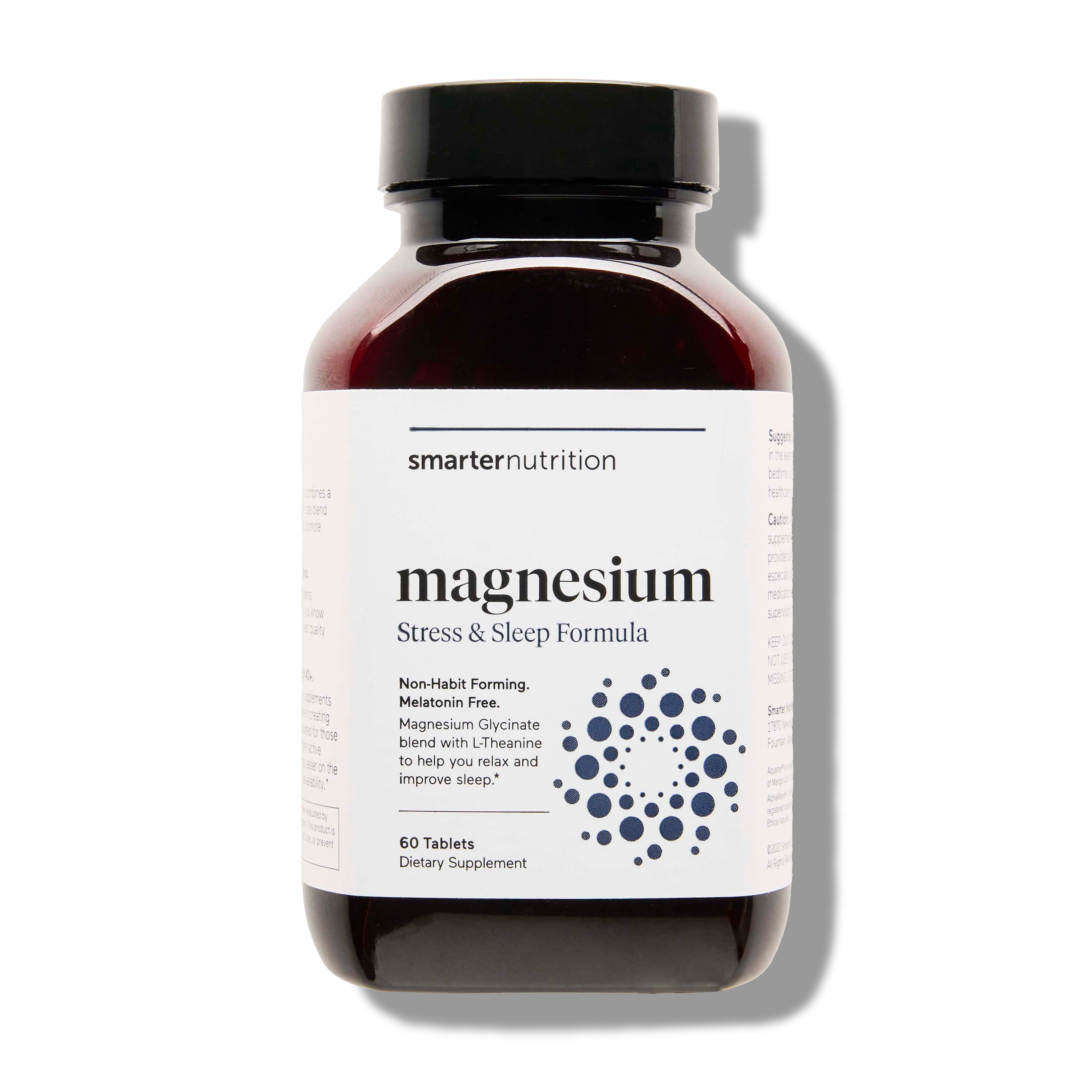Do We Lose Digestive Enzymes As We Age?
Spoiler alert: we do. As early as 20 years of age, the body begins producing fewer digestive enzymes, and with each passing decade, enzymes decrease in number more rapidly. Many people don’t notice the effects of enzyme loss until they reach their 60s, when depletion has reached significant levels. If you find yourself frequently reaching for antacids and medications to soothe an upset stomach, low counts of digestive enzymes may be to blame.
Enzymes’ Role in Digestion
We consume food because it gives us vital nutrients we need for energy, recovery, and a variety of body processes. When we eat food, it needs to be broken down in order for our bodies to utilize it.
That’s where digestive enzymes come in. Their primary job is to extract energy and nutrients while they break down your food. When there aren’t enough enzymes at work in your digestive system, it can be difficult for your body to fully digest everything that you consume. If you’re noticing an increase in discomfort during digestion and a decreased food tolerance, your body is telling you that it needs more support.
What Happens When You Lack Digestive Enzymes
Without enough digestive enzymes, the gut becomes unbalanced and undigested food can move into the colon.
You may experience:
- Bloating
- Gas
- Diarrhea
- Constipation
- Heartburn
- Leaky Gut
Not only are these symptoms uncomfortable, the lack of digestive enzymes can prevent the body from absorbing the nutrients needed to support overall wellness. This can make matters worse for those who already experience a reduced appetite. If this condition persists over time, the body can become malnourished because of the shortage of nutrients.
Antacid products and OTC medications can ease your symptoms, they don’t address the primary cause of the problem by helping to restore depleted enzyme levels. The reality is that the days of being able to throw back a burger and fries with a pint of beer and no cares in the world like someone in their 20s are probably over, but there are ways you can support your stomach’s digestive abilities to help you feel better.

How to Get Back on Track
The good news is that digestive enzymes are replaceable. Fruits like bananas, pineapples, and avocados and fermented foods like sauerkraut, kimchi, and tempeh contain valuable enzymes that can help aid digestion. However, these foods don’t appeal to everyone and they may not be readily available.
Taking a supplement is arguably easier than buying and preparing special foods on a regular basis. Packaged in a vegetarian capsule without the use of soy or excipients, Smarter Enzymes aim to support the body with clean and natural ingredients.
Formulated with a specific blend of ingredients to encourage optimal digestive results, Smarter Enzymes contains these crucial enzymes:
- Amylase: Supports the breakdown of carbohydrates and starches.*
- Bromelain: Contains proteases to aid protein digestion.*
- Cellulase: Aids dietary fiber digestion.*
- Lactase: Supports lactose breakdown; older people are commonly deficient.*
- Lipase: Encourages fat breakdown.*
- Protease: Promotes the breakdown of protein.*
Taking 1 to 2 capsules immediately after you finish eating can help provide your body with the digestive enzymes it needs.* Supporting your body’s digestive processes can help you the foods you love again, without the discomfort afterwards!*




